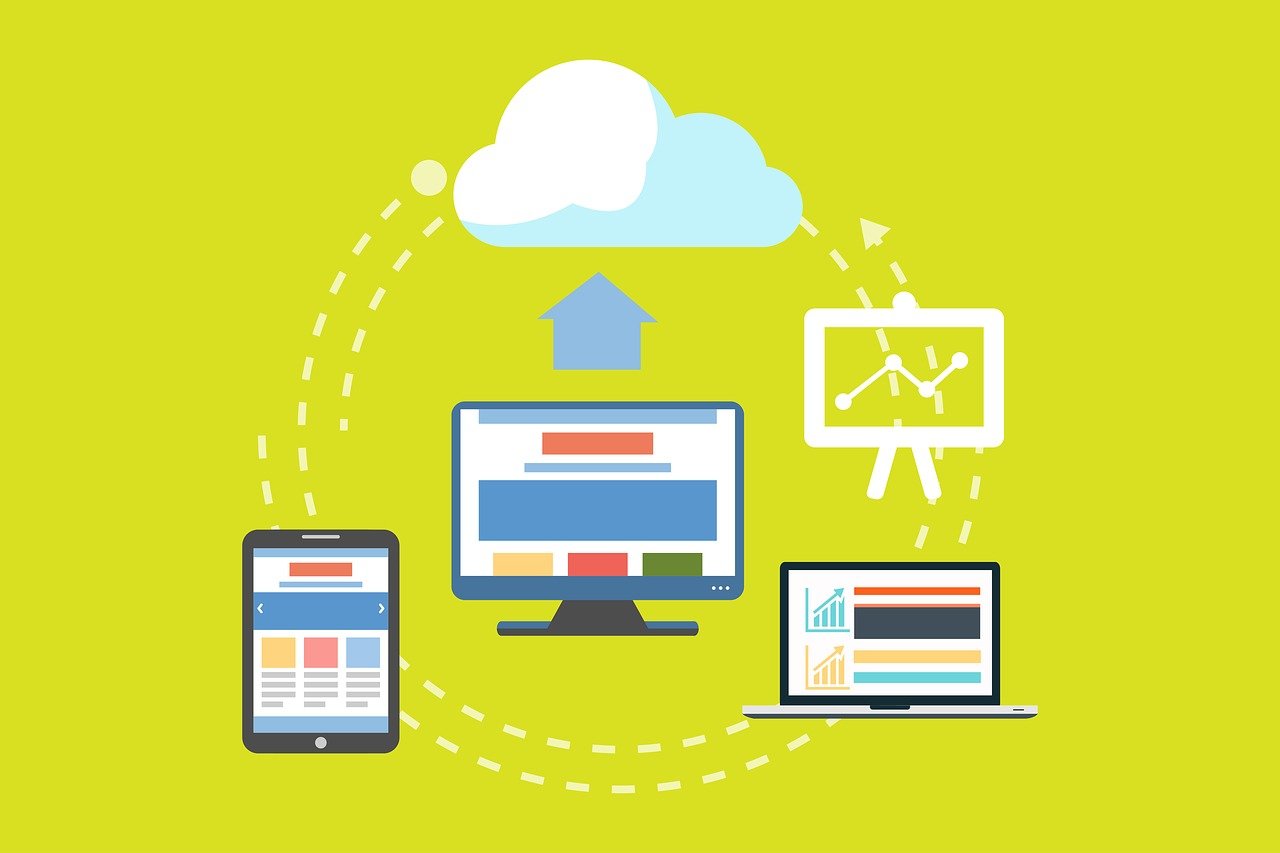The pandemic hasn’t hit everyone equally economically, as this article in the Wall Street Journal explains. Manufacturing has largely recovered, but occupations that require face-to-face interaction, such as service industries, tourism, and restaurants, are faring less well. “This divide between manufacturing and services means the pain has fallen especially heavily on female and immigrant workers and on economies with large informal sectors or with heavy exposure to tourism, entertainment and travel.” Until a vaccine is widely available and distributed, economies and employers that focus on services will struggle.
CARES ACT UPDATES
Another stimulus bill?
Now that the election is over – although there is still some uncertainty about the outcome – both House Speaker Nancy Pelosi and Senate Majority Leader Mitch McConnell have pledged support for another round of financial support for Americans. However, the contents of the new stimulus bill remain unclear. McConnell is in favor of a smaller, limited scope package, while Pelosi continues to push a larger deal that includes another round of stimulus payments and enhanced unemployment benefits. But with an uncertain level of support from President Trump, the outcome is not clear.
Economic Impact Payments (aka Stimulus Checks)
The IRS has extended the deadline to November 21 for non-filers to enter information using the IRS non-filers tool so that they may receive a stimulus payment by year’s end. Millions of people are eligible for stimulus checks but have not yet received them because their income was too low to require filing a 2018 or 2019 tax return. Using the secure non-filers tool will allow the IRS to send payments to eligible recipients this year. Otherwise, they will have to wait until 2021 when they file a 2020 tax return.
New EIP Scam
The IRS is warning about a new text scam that tricks people into revealing their banking information under the guise of receiving a stimulus payment. The IRS is reporting that people have received texts that say the following: “You have received a direct deposit of $1,200 from COVID-19 TREAS FUND. Further action is required to accept this payment into your account. Continue here to accept this payment …” and includes a link to a fake phishing website. The IRS does not send unsolicited texts or emails. Anyone who receives such a text should send a screenshot of the text to phishing@irs.gov. Be sure to include the date, time and time zone where the message was received, the number that the message came from, and the number that the message was sent to.
Paycheck Protection Program (PPP)
Last week, the SBA sent out a questionnaire to businesses that received PPP loans over $2 million, and some of the questions are causing uproar among businesses and bankers, according to this article in Politico. This nine-page “loan necessity questionnaire” includes questions that loan recipients did not anticipate about quarterly revenues, capital expenditures, dividend payments, and employee compensation. Banks and business owners alike are concerned that their answers may jeopardize loan forgiveness, and may cause headaches, especially if data entry mistakes are made.
This additional scrutiny on the PPP comes as investigators are discovering widespread fraud in the program. The SBA’s inspector general found tens of thousands of businesses that received funds that they were not actually eligible for, including companies that did not exist before the pandemic, companies that exceeded the 500 employee limit for eligibility, and companies that seem to have received more funding than their actual payroll levels would allow. The SBA also discovered bank accounts or addresses that received multiple loans.
Did your company receive a PPP or EIDL loan? If so, the name of your company, your address, and the amount you received may soon be publicly available. A federal judge recently ordered the SBA to release full details about all PPP and EIDL loans disbursed. Previously, the SBA released full details for loans over $150,000 and loan amounts and states for smaller loans. Now, that judge sided with news organizations who requested that information, reminding the SBA lawyers that the possibility of the release of all loan details was included in a disclaimer included in the loan applications.
Payroll tax deferral guidance
An executive order by President Trump on August 8, 2020, gave employers the ability to defer collection and payment of the employee portion of Social Security taxes from their employees’ paychecks from September 1 through December 31 of this year. Employers who participate are then required to withhold and deposit those deferred taxes starting on January 1, 2021. All payroll taxes deferred during 2020 must be deposited by April 30, 2021. The IRS has now released guidance for reporting the payment of those deferred taxes. As soon as the full amount has been collected from employees, employers are to report the payment of those taxes on a corrected 2020 W-2, Form W-2c and to provide those W-2c’s to employees promptly for preparing their 2020 tax returns.
Main Street Lending Program
The Federal Reserve just lowered the minimum loan level for its Main Street Lending Program from $250,000 to $100,000 in an effort to reach more small businesses that need help. While this program has the capacity for $600 billion in loans, fewer than 400 loans totaling $3.7 billion have so far been funded. The Federal Reserve also eased restrictions for those who have also received PPP loans: the amounts of those loans will not be counted in an applicant’s debt load. Main Street Loans are aimed at companies with fewer than 15,000 employees and with 2019 revenues of $5 billion or less. For more information about this program, go to the Federal Reserve’s dedicated website.
TAX ISSUES
The IRS is making it easier for those impacted by COVID-19 to settle up their tax debts. Here are some of those changes:
- Short-term payment plans will now run for 180 days instead of 120
- The IRS will offer flexible options for repaying on an accepted Offer in Compromise
- Certain new tax balances will be added automatically to existing installment agreements instead of causing a default on those agreements
- Getting approval for new installment agreements will require less paperwork and less substantiation of monthly income and expenses
- Taxpayers can request a delay of the collection process
No one likes to pay taxes, but at least the IRS is trying to make it a bit easier.
WORKING FROM HOME
While it may feel like working from home has put career advancement on pause, that’s not necessarily the case. This piece from the New York Times outlines steps employees can take now to ensure their careers stay on track. For example, don’t be shy about asking for more frequent feedback. If you have free time that’s not being consumed with childcare, consider finding training to shore up some of your weaker skill areas. Volunteer for projects outside your job description, and try to get the big picture of your company by connecting with people outside your area.
Are you considering moving to a different city or state now to take advantage of your company’s remote work policy? If so, you’re not alone. According to a recent survey by Upwork between 14 million and 23 million Americans may soon be undertaking a vast migration away from expensive urban centers to less expensive areas. In addition to helping employees with housing costs, widespread remote work also widens the talent pool for employers.
LIVING WITH AND AFTER THE PANDEMIC
Work in the post-pandemic world
While work for some has slowed down, it has sped up for others, who are finding themselves working overtime on a nearly non-stop basis. Avoiding burnout and achieving a better work-life balance requires carving out small bits of “me-time,” as this article in Fast Company explains. Setting up work-free times every day and on weekends eases the guilt that you “should be” working. Establishing mandatory health practices, such as drinking more water or getting seven hours of sleep every night, will help you keep going. Rewarding yourself by spending time every day doing things you love can help to make the long hours worthwhile.
GENERAL RESOURCES
- Payroll, HR and benefits company Gusto has put together An Employer’s Guide to Navigating the Coronavirus
- Accounting Today has a special page for articles on COVID-19
- The best source for up-to-date and accurate health information is the Center for Disease Control (CDC)
- The CDC also has recommendations for businesses and employers
- Intuit QuickBooks has a dedicated page to help small businesses
- The Red Cross has pointers to help young adults stay safe
- Entrepreneur put together a listing of free tech resources for remote work
- Kiplinger has a state-by-state guide to absentee ballot voting.
- The Consumer Financial Protection Bureau has warnings about COVID-related scams
- Fast Company has a listing of the best productivity apps for 2020
- The New York Times has an online newsletter on K-12 and higher education
- The Wall Street Journal has a collection of articles on education
We sincerely hope that you and your family are well and remain well. If you have any questions or concerns, don’t hesitate to reach out to us. We are all in this together!


